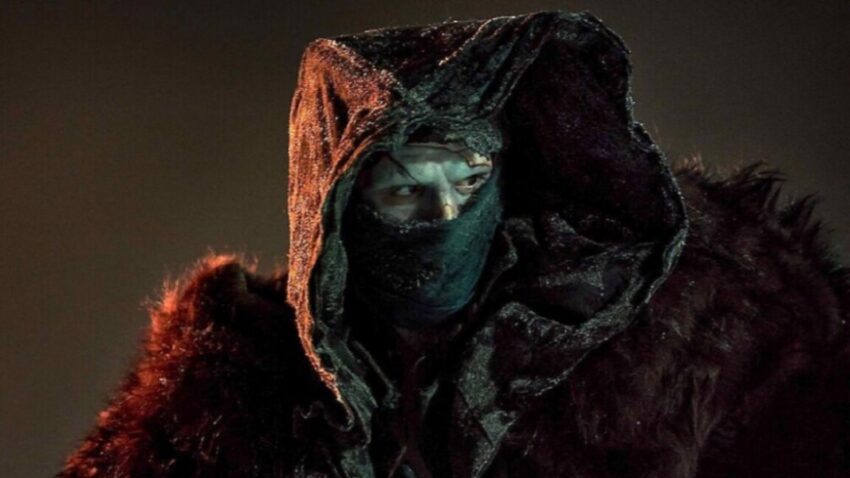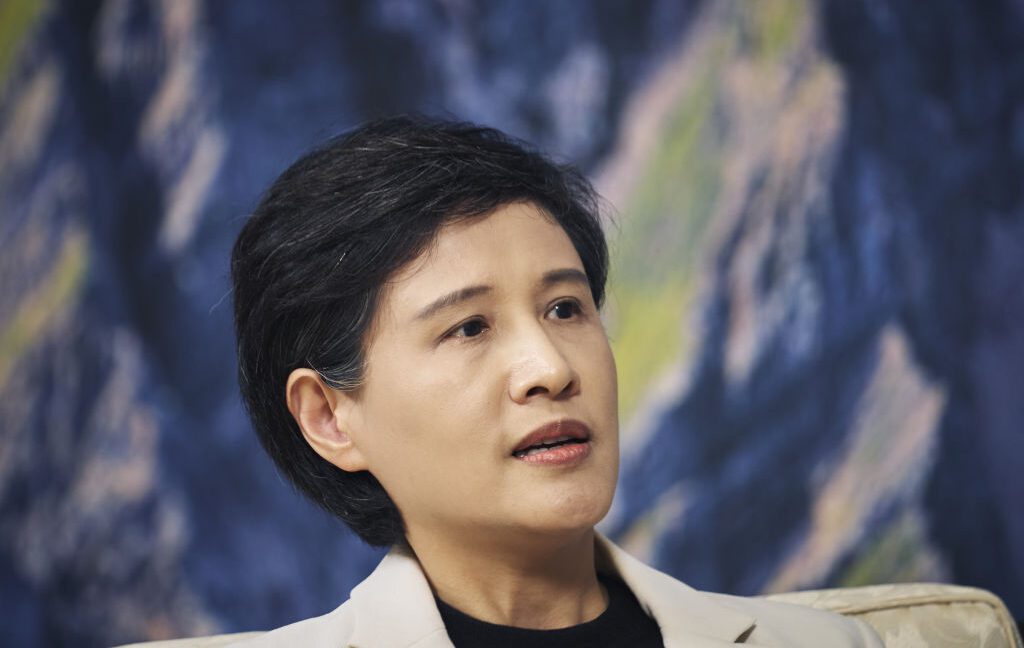
trailer for del toro s frankenstein is Netflix has unveiled the full official trailer for Guillermo del Toro’s eagerly awaited adaptation of Frankenstein, featuring Oscar Isaac in the role of the iconic yet tragically flawed scientist, Victor Frankenstein.
trailer for del toro s frankenstein is
Del Toro’s Longstanding Affection for Frankenstein
Guillermo del Toro’s fascination with Mary Shelley’s seminal novel, “Frankenstein,” has been a recurring theme in his career. For years, he has expressed his admiration for the book and his desire to create a film that encapsulates its profound themes of creation, monstrosity, and the human condition. Del Toro’s passion for the source material is not merely academic; it is deeply personal. He has often referred to “Frankenstein” as a cornerstone of his artistic identity, influencing the narratives and visual aesthetics of his previous works.
Del Toro has been vocal about his disappointment with earlier adaptations, particularly Kenneth Branagh’s 1994 film, “Mary Shelley’s Frankenstein.” While he appreciated Branagh’s original script, he felt that the final product deviated significantly from the essence of the novel. “The film just didn’t resonate with me,” del Toro stated in an interview. “It felt like a missed opportunity to explore the depth of Shelley’s themes.” This sentiment has fueled his determination to bring his vision of “Frankenstein” to life, a project he considers the culmination of a lifelong journey.
The Journey to Production
After years of false starts and setbacks, del Toro finally secured the opportunity to direct his adaptation for Netflix in 2023. The collaboration with the streaming giant has provided him with the creative freedom and resources necessary to realize his ambitious vision. “This film is the culmination of a journey that has occupied most of my life,” del Toro remarked at the Netflix Tudum event earlier this year. “Monsters have become my personal belief system. There are strands of Frankenstein through my films.” This statement underscores the thematic continuity in del Toro’s oeuvre, where monsters often serve as metaphors for deeper existential questions.
Creative Vision and Artistic Scope
Del Toro’s approach to “Frankenstein” aims to capture the grand Miltonian tragedy that permeates Shelley’s narrative. He envisions a film that not only retells the story of Victor Frankenstein and his creature but also delves into the philosophical and ethical dilemmas surrounding creation and responsibility. “I want to explore the idea of what it means to be a creator and the consequences that come with it,” he explained. “Frankenstein is not just a horror story; it’s a profound meditation on humanity.” This perspective aligns with del Toro’s broader thematic interests, which often grapple with the complexities of identity, belonging, and the nature of monstrosity.
In crafting this adaptation, del Toro has emphasized the importance of scale and world-building. He aims to reconstruct the entire universe of “Frankenstein,” creating a visually stunning and immersive experience for audiences. “I always waited for the movie to be done in the right conditions, both creatively and in terms of achieving the scope that it needed for me to make it different,” he stated. This commitment to artistic integrity is evident in the trailer, which showcases a rich tapestry of visuals that evoke the gothic atmosphere of Shelley’s original work.
The Trailer: A Glimpse into Del Toro’s Vision
The recently released trailer offers a tantalizing glimpse into del Toro’s interpretation of “Frankenstein.” It features haunting imagery, intricate set designs, and a score that amplifies the emotional weight of the narrative. Oscar Isaac’s portrayal of Victor Frankenstein is particularly noteworthy, as he embodies the character’s brilliance and tragic flaws. The trailer hints at the internal struggles faced by Frankenstein as he grapples with the consequences of his actions and the moral implications of his quest for knowledge.
Character Depth and Complexity
Del Toro’s commitment to character development is evident in the trailer, which suggests a nuanced exploration of the relationship between creator and creation. The creature, portrayed by a yet-to-be-announced actor, appears not merely as a monster but as a tragic figure in his own right. This approach aligns with del Toro’s tendency to humanize his monsters, allowing audiences to empathize with their struggles and motivations. “I want to show that the creature is not just a product of Victor’s ambition but a being with his own desires and pain,” del Toro explained during a recent press conference.
This emphasis on character complexity is crucial for del Toro, who believes that the emotional core of “Frankenstein” lies in the interplay between Victor and his creation. “Their relationship is a reflection of our own humanity,” he noted. “It raises questions about responsibility, love, and the consequences of our actions.” This thematic depth is likely to resonate with audiences, inviting them to engage with the material on a more profound level.
Reactions from the Film Community
The announcement of del Toro’s “Frankenstein” has generated significant buzz within the film community. Critics and fans alike have expressed excitement over the prospect of del Toro’s unique vision. Many view this adaptation as a long-overdue exploration of Shelley’s themes, particularly in the context of contemporary societal issues. The film’s exploration of creation and responsibility is particularly relevant in an age marked by rapid technological advancements and ethical dilemmas surrounding artificial intelligence and genetic engineering.
Industry insiders have praised del Toro’s ability to blend horror with philosophical inquiry. “Guillermo has a rare talent for making monsters relatable,” said film critic Jane Doe. “His take on ‘Frankenstein’ promises to be both visually stunning and intellectually engaging.” This sentiment is echoed by many who believe that del Toro’s adaptation could redefine the genre and set a new standard for literary adaptations in cinema.
Anticipation and Expectations
As the release date approaches, anticipation for del Toro’s “Frankenstein” continues to grow. Fans of the original novel and del Toro’s previous works are eager to see how he navigates the complex themes embedded in Shelley’s narrative. The film’s exploration of creation, monstrosity, and the ethical implications of scientific ambition is expected to resonate with contemporary audiences, making it a timely addition to the canon of horror cinema.
Moreover, del Toro’s reputation for crafting visually arresting films has heightened expectations for the film’s aesthetic. The trailer’s striking imagery and atmospheric sound design suggest that “Frankenstein” will be a feast for the senses, immersing viewers in a world that is both beautiful and terrifying. “I want the audience to feel the weight of the story,” del Toro stated. “This is not just a horror film; it’s a journey into the depths of the human soul.” This ambition reflects del Toro’s commitment to pushing the boundaries of genre filmmaking.
Conclusion: A New Chapter in Frankenstein’s Legacy
Guillermo del Toro’s adaptation of “Frankenstein” represents a significant moment in the ongoing legacy of Mary Shelley’s novel. With a deep respect for the source material and a desire to explore its themes through a contemporary lens, del Toro aims to create a film that resonates with both longtime fans and new audiences. As the trailer reveals, this adaptation promises to be a visually stunning and emotionally charged exploration of creation, monstrosity, and the human condition.
As the film gears up for its release, the excitement surrounding del Toro’s vision continues to build. With Oscar Isaac leading a talented cast and del Toro at the helm, “Frankenstein” is poised to become a landmark film that not only honors Shelley’s legacy but also invites viewers to reflect on the complexities of creation and the moral dilemmas that accompany it.
Source: Original report
Was this helpful?
Last Modified: October 1, 2025 at 11:38 pm
0 views















